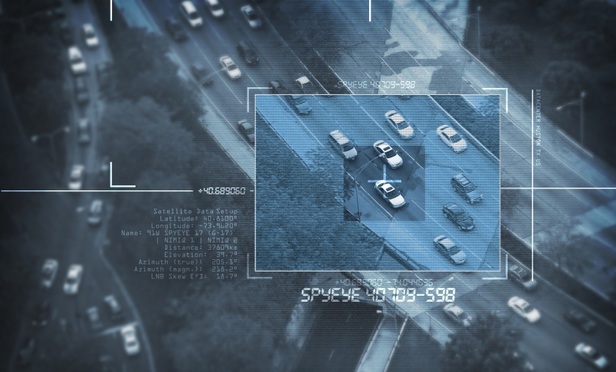Terrorism is an issue that affects many countries across the globe, though differences in how we define it and notions of privacy divide countries on how to address the problem. “Predictive Analytics for Policing ‘Violent Extremism,’” a panel at NYU’s “Tyranny of the Algorithm: Predictive Analytics & Human Rights” brought together a panel of legal experts and scholars to address these very issues, looking at the challenges to human rights when employing data-driven risk assessments to prevent terrorism.
Didier Bigo, a King’s College professor, started the conversation by warning of the dangers of using analytics for predictive policing. He said that the idea of “predictive policy” in law and its enforcement presumes that it’s possible to maximize security, “‘as if the maximum security is something possible. And I think it is logic that is at stake when we talk about predictive policy.”
This content has been archived. It is available through our partners, LexisNexis® and Bloomberg Law.
To view this content, please continue to their sites.
Not a Lexis Subscriber?
Subscribe Now
Not a Bloomberg Law Subscriber?
Subscribe Now
LexisNexis® and Bloomberg Law are third party online distributors of the broad collection of current and archived versions of ALM's legal news publications. LexisNexis® and Bloomberg Law customers are able to access and use ALM's content, including content from the National Law Journal, The American Lawyer, Legaltech News, The New York Law Journal, and Corporate Counsel, as well as other sources of legal information.
For questions call 1-877-256-2472 or contact us at [email protected]





